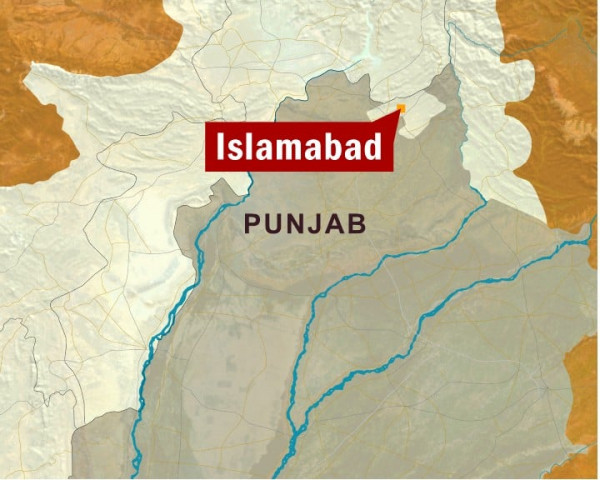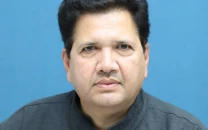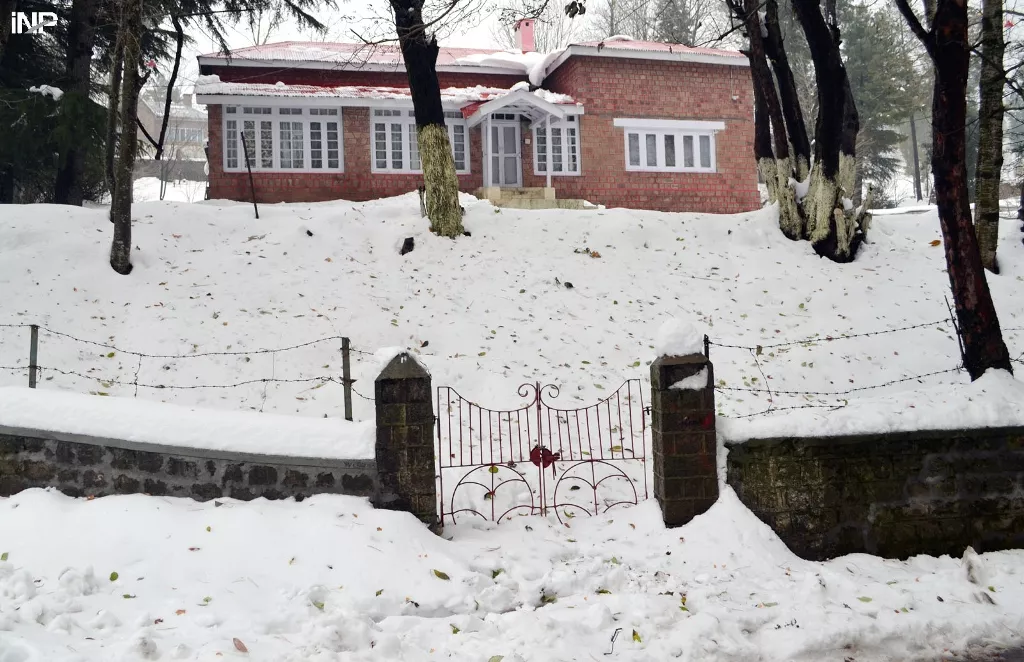Call to strengthen democratic system
A 24-member democracy assessment group assesses the current government based on international assessment frameworks.

Call to strengthen democratic system
The quality of democracy in Pakistan was given an average score of 45 per cent in a mid-term assessment report issued on the International Day of Democracy. A 24-member democracy assessment group (DAG) convened by Pildat assessed the current government based on international assessment frameworks and experiences.
The objective of this assessment of democratic quality was to identify strengths and weaknesses which could be built upon or improved.
According to the group’s results, ‘civil society and popular participation’ in Pakistan, one of the four key pillars of the international assessment framework, received the highest score of 53 per cent.
This was followed by ‘citizenship, law and rights’, with a score of 46 per cent.
The other two pillars, ‘representative and accountable government’ and democracy ‘beyond the state’, received 43 per cent each.
The report concurred that the basic ingredients of democracy were in place, such as an independent judiciary, independent and diverse media, a sovereign and inclusive parliament in which the opposition was given an important role and an open civil society.
However, the report added that governance, rule of law, accountability and integrity in the public office needed urgent improvement.
The effectiveness of civilian control over the armed forces got the lowest score of 26 per cent.
According to the evaluation by the assessment group, Pakistan was far from having an elected democratic government capable of controlling the military.
The media got a high score of 67 per cent for representing and reflecting the diverse nature of public opinion.
The role of media got an overall score of 58 per cent. Furthermore, ‘independence of media’ got 62 per cent, and investigative ability to uncover ground realities received 63 per cent. The report also recommended more sensitivity towards the privacy of citizens.
DAG highlighted key areas of socio-economic concerns which include terrorism, perceptions of corruption and efficient accountability, a weak legitimate government, confrontation between the institutions of state, weak political parties and intra-party democracy, weak parliamentary oversight over the executive, among others.
The perception of inadequate dividends on democracy, lack of political participation amongst youth and role of a responsible media were also highlighted in strengthening the institution of democracy.
DAG added that the way forward for Pakistan was to sustain, refine and strengthen the democratic system.
According to the report, the real challenge for Pakistan was in translating the constitutional framework on paper into concrete and visible reality. Transparency and accountability had to be backed up by fearless law enforcement.
The group concluded that if democracy continues to be translated into corruption and nepotism and harnessing malpractices and miss-governance, then the entire country would suffer.
Published in The Express Tribune, September 16th, 2010.



















COMMENTS
Comments are moderated and generally will be posted if they are on-topic and not abusive.
For more information, please see our Comments FAQ